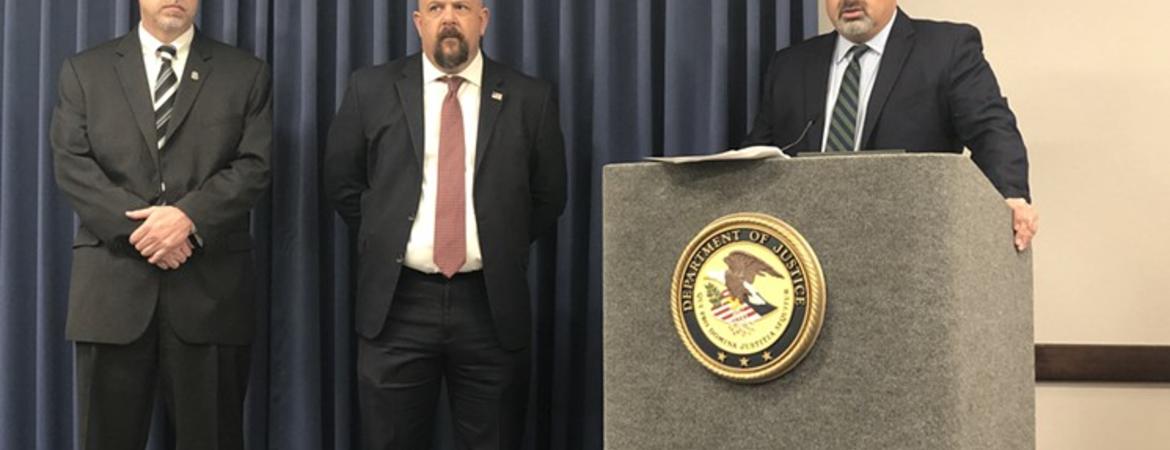Center for Social Innovation

The Arizona U.S. Attorney's Office has begun tracking criminal histories of immigrants charged with illegal re-entry into the U.S. and will be made publicly available online every month. The move was made in an attempt to dissuade Arizonans from pursuing sanctuary city legislation by sharing the criminal histories of the immigrants that they are processing.
Loren Collingwood, professor of political science at University of California-Riverside, is one of the leading researchers on sanctuary cities in the United States. Using the FBI's Uniform Crime Reporting data, he and his colleagues compared crime in sanctuary cities to similarly situated non-sanctuary cities from 2001 to 2014.
“We found there was no significantly significant relationship between sanctuary status and whether the city had higher or lower crime rates,” Collingwood told Phoenix New Times. “That’s true for violent crime, rape crime, and property crime.”
But despite this, Collingwood said the myth around sanctuary cities leading to higher crime rates is persistent.
"We also demonstrate [in our research] that even me having to debunk this issue or talk about it, and it being driven by the media, tends to then associate sanctuary cities with crime in the broader white public’s mind, specifically among conservative Republicans,” Collingwood said. “Even though all of the available evidence, from my study and others, points to the same direction that there’s essentially no relationship, and that if anything the relationship is negative. But it doesn’t really matter from a political elite’s perspective. It’s a talking point, and the press is covering it.”